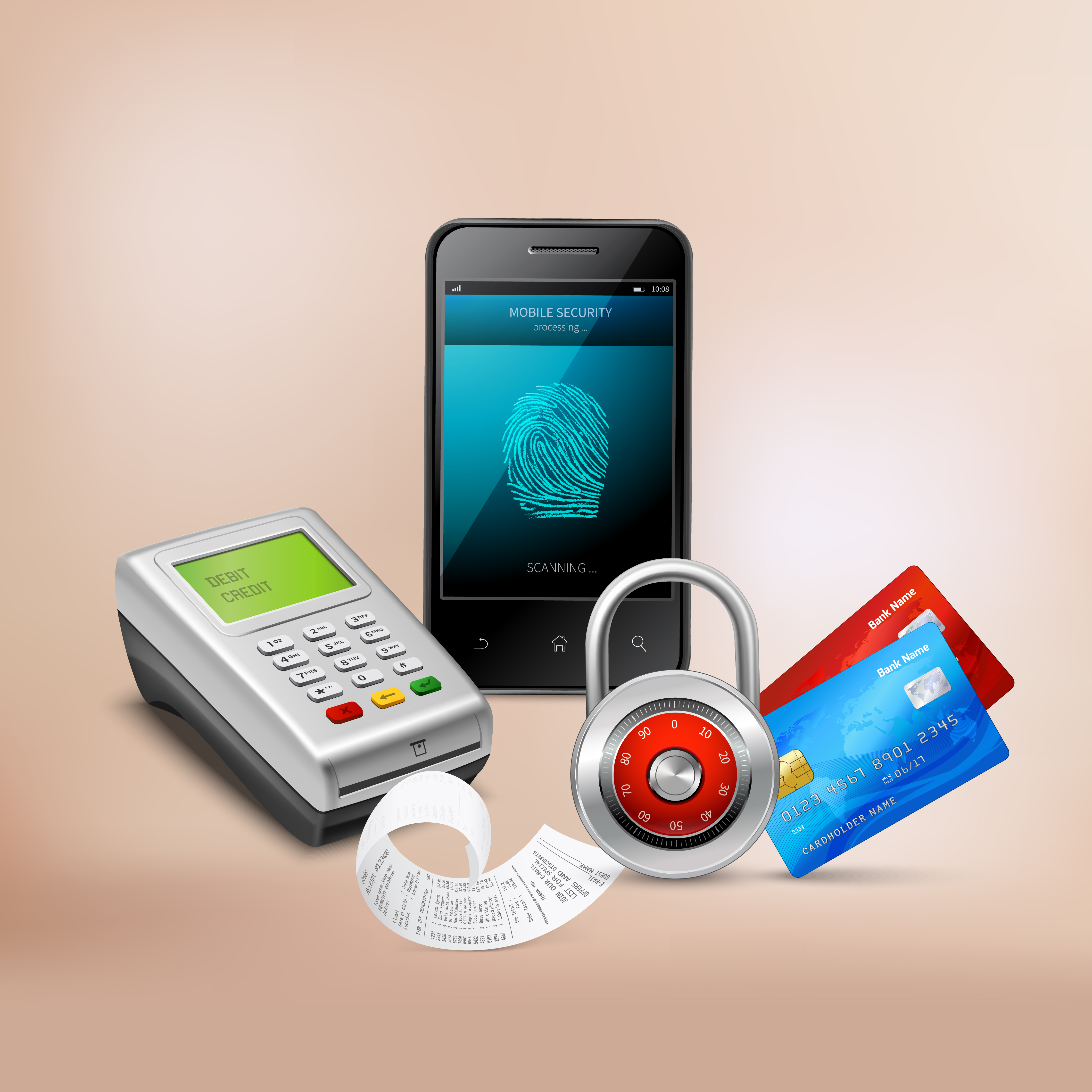How Tokenization Protects Your Transactions with Graviti Pay
In the rapidly evolving world of online transactions, security has become more critical than ever. Financial platforms handle sensitive data, such as credit card numbers and personal information, which makes them prime targets for cybercriminals. Ensuring this data remains protected is essential not only for maintaining customer trust but also for complying with strict industry standards. That’s where advanced security measures like tokenization come in.
Tokenization acts as a digital shield, transforming sensitive information into meaningless tokens that can be used safely during transactions. By integrating tokenization, platforms like Graviti Pay provide an added layer of security, safeguarding your payment details from theft and fraud. This blog explores how tokenization works within payment gateways, how it benefits users, and how Graviti Pay employs this technology to keep your transactions secure.
1. What are the Basics of Tokenization?
Tokenization is a security technique that replaces sensitive data with a non-sensitive equivalent called a token. This token has no intrinsic value and cannot be used outside the system that generated it. When you make a payment using Graviti Pay, your actual card details are never stored or transmitted in plain text. Instead, they are substituted with a randomly generated token, which acts as a stand-in during transactions. This process significantly reduces the risk of data breaches because even if someone intercepts the data, they only see meaningless tokens, not your actual information.
2. Who Uses Tokenization?
Tokenization is widely used across the payment ecosystem, including merchants, payment processors, card networks, and financial institutions. Retailers and online platforms leverage tokenization to secure customer data during transactions, ensuring compliance with industry standards like PCI DSS. Graviti Pay, for example, incorporates tokenization as part of its core security framework, enabling merchants to process payments without ever handling sensitive card data directly. This reduces their liability and helps protect their customers from fraud.
3. How Does Payment Tokenization Work?
The process begins when you enter your payment details into a platform like Graviti Pay. The system securely transmits this information to a tokenization server, which generates a unique, random token that represents your card data. This token is stored securely and used for all future transactions involving that card. When a transaction is initiated, the token is sent instead of the real card number. The payment gateway then maps this token back to the original data in a secure environment, completing the transaction without exposing your sensitive information. This seamless process ensures that your data remains protected at all times.
4. What Is an Example of Data Tokenization?
Suppose your credit card number is 4111 1111 1111 1111. When tokenized within Graviti Pay, it might be represented as a string like "TKN987654321." During a purchase, this token is transmitted instead of your real card number. Even if intercepted, the token cannot be reverse engineered to reveal your actual card details. Graviti Pay’s data tokenization ensures that your sensitive information is stored and transmitted securely, minimizing the risk of exposure.
5. What Does It Mean If a Transaction Is Tokenized?
A tokenized transaction indicates that your sensitive payment information has been replaced with a secure token. This means that your actual card details are not visible during the transaction process, significantly reducing the risk of data theft or fraud. For users of Graviti Pay, this provides peace of mind, knowing that their payment data is protected with industry-leading security measures. Tokenization ensures that even if a transaction record was compromised, the attacker would only access useless tokens, not your personal or financial data.
6. What Is PCI Tokenization?
PCI tokenization refers to the standards set by the Payment Card Industry Data Security Standard (PCI DSS) that govern how sensitive payment data should be protected. It emphasizes replacing raw card data with tokens that are stored securely, often within a separate, PCI-compliant environment. Graviti Pay adheres to these PCI standards, implementing PCI tokenization to ensure that all payment processes meet rigorous security requirements. This compliance not only safeguards customer data but also helps businesses avoid costly penalties and reputational damage resulting from data breaches.
7. What Is the Difference Between Network Tokenization and PCI Tokenization?
Network tokenization involves the use of tokens managed by payment networks like Visa or MasterCard, primarily used in mobile payments and digital wallets. These tokens are often tied to a specific device or application and can be updated or revoked remotely. PCI tokenization, on the other hand, is a broader security standard that applies to any platform handling cardholder data, ensuring that tokens replace sensitive data across all types of transactions.
Graviti Pay leverages both forms of tokenization—adhering to PCI standards and integrating network tokens where applicable—to provide comprehensive security coverage. This layered approach guarantees that your payment data remains safe regardless of the transaction method.
Conclusion
Throughout this blog, we’ve explored the vital role of tokenization in safeguarding digital payments. We discussed what tokenization is—replacing sensitive data with secure, meaningless tokens—and how it works seamlessly within payment gateways like Graviti Pay. We also highlighted who uses tokenization, including merchants, financial institutions, and payment processors, and explained the importance of PCI compliance in maintaining high security standards. Additionally, we distinguished between network tokenization and PCI tokenization, demonstrating how Graviti Pay leverages both strategies to provide comprehensive protection for your data.
By integrating these advanced security measures, Graviti Pay ensures that your sensitive information remains confidential at every stage of the transaction process. Whether you’re making a one-time purchase or recurring payments, you can trust that your data is protected from theft, fraud, and breaches. This commitment to security not only protects your finances but also builds confidence in your digital payment experience.
Take the next step toward secure, hassle-free payments. Sign up for Graviti Pay today and enjoy the peace of mind that comes with cutting-edge security features designed to keep your transactions safe. Experience the future of digital payments—safe, simple, and secure!


